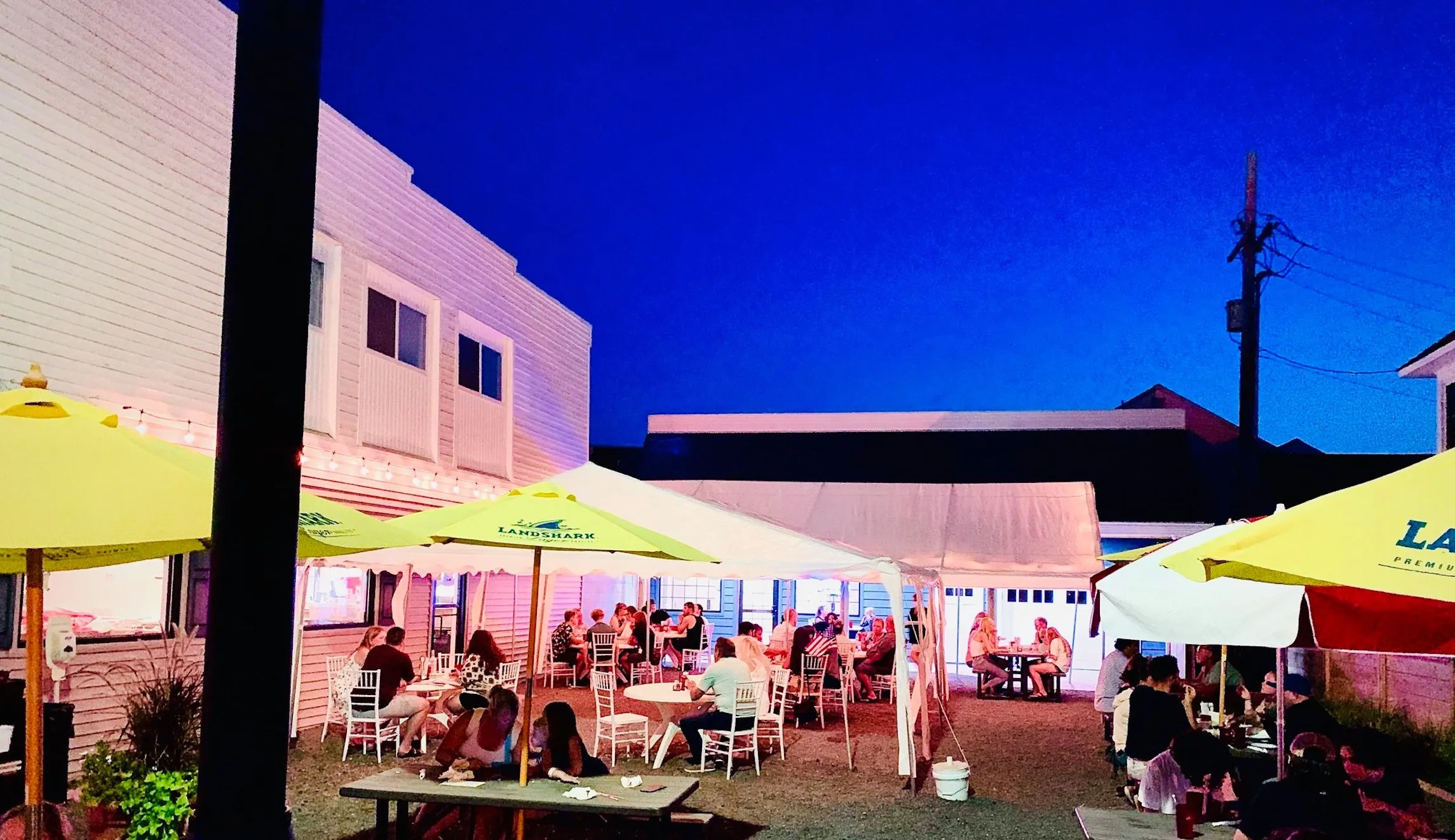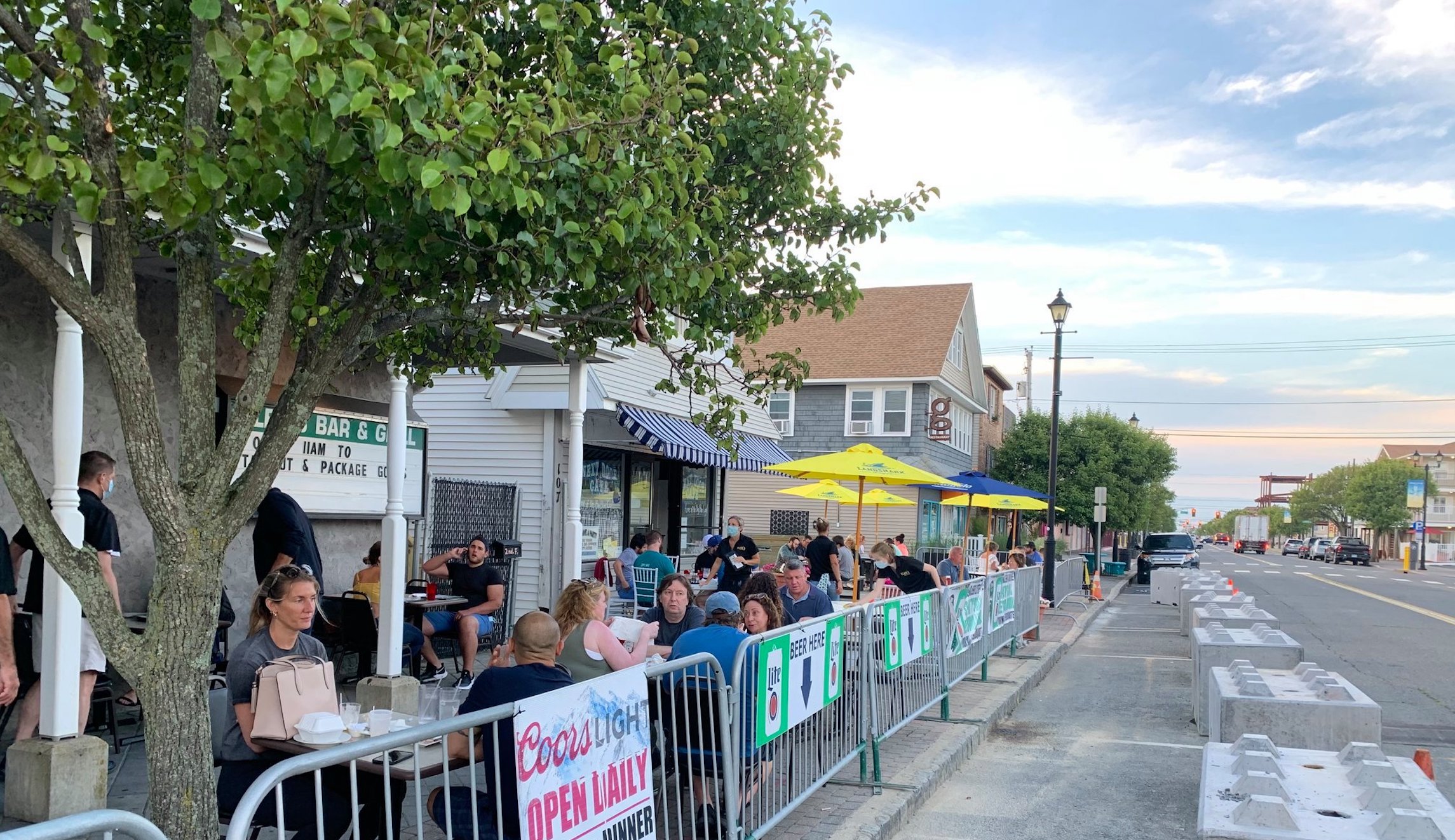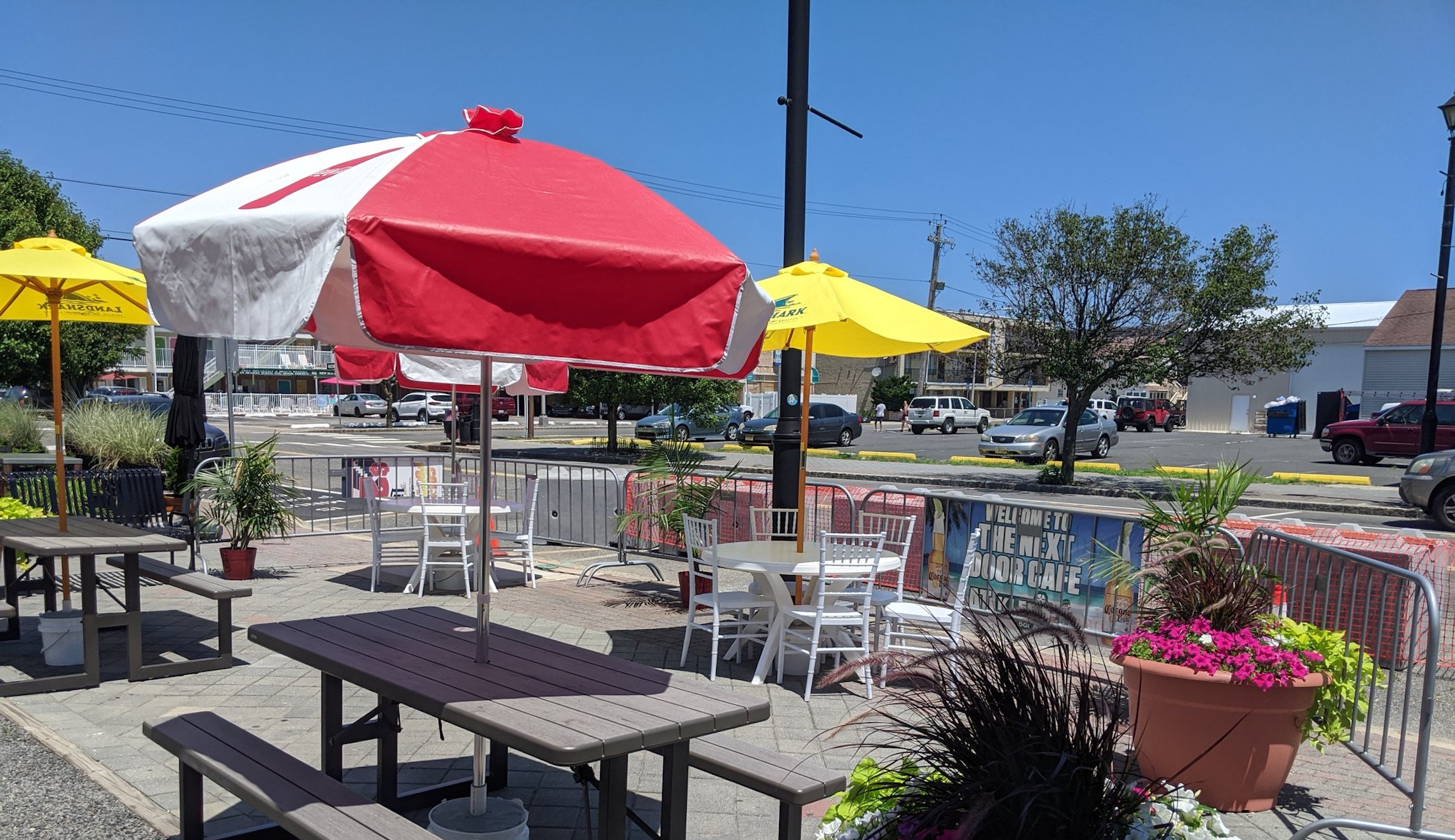When the threat of pandemic forced New Jersey’s economy to shut down, Glenn McCarthy, longtime manager of Klee’s Bar & Grill in Seaside Heights, worked with his staff to follow restrictions.
Other restaurants were less diligent about the rules without consequences and benefited, he said, eroding his faith in the government’s ability to manage the new crisis.
“As [pandemic restrictions] were explained to us … we tried to follow them exactly,” McCarthy, 65, told the Washington Examiner. “I noticed a lot of other places weren’t doing that, some with no consequences at all, other ones got heavy consequences. It felt like there was uneven enforcement of these things and big confusion about who was supposed to enforce this.”
Klee’s sits a little over a block away from the Seaside boardwalk overlooking the Atlantic Ocean in New Jersey, one of the first states to institute a stay-at-home order last spring when government officials realized the virus had been spreading in the U.S. New Jersey restaurants were forced to stop all in-person dining operations in early March through mid-June.

McCarthy’s frustrations mounted after the statewide lockdown lifted and was replaced with new social distancing protocols for restaurants, such as imposing a maximum outdoor seating capacity of 25%. Other businesses, he said, were able to flout those rules with impunity and permitted to carry on operations as usual. He described his incredulity at hearing some of Democratic Gov. Phil Murphy’s regular press briefings in which he would “make examples of” businesses that were violating social distancing guidelines, “and it sounds like they killed somebody or what they were doing was so egregious that they shouldn’t be allowed to be in business, but then they’re still in business.”
“Other places, it didn’t seem like [the rules] mattered, and I don’t know whether people were looking the other way or they just didn’t want to bother with it,” he said.
Even with the option of offering outdoor seating starting in June, restaurants struggled to stay profitable. Many restaurant owners had to outfit their spaces with outdoor seating for the first time, driving up the costs of building materials and competition for limited supplies from manufacturers that had all but shuttered their doors.

“We had to have an outside presence, or we wouldn’t have survived, and a lot of places were in the same boat,” McCarthy said. “Anybody who was trying to do an outside project or was building something had a hard time getting even wood or materials to do those projects.”
He added that once outdoor dining was permitted across the state, it became “almost impossible or just very, very expensive” to find tents for outside seating, umbrellas, tables, and chairs.

Restaurants in beach towns like Seaside Heights rely on the usual summer rush to make up for a slow off-season, but that summer was different. Fewer people traveled from out of state to go to the beaches and stay in rental homes and eat out. McCarthy said it was “horrible.”
Klee’s, which employs about 40 people during the off-season and as many as 70 during the summer, was approved for a loan of $219,300 under the federal government’s Paycheck Protection Program established as part of the $2 trillion economic recovery package passed in March. The loan money helped Klee’s go the full year without McCarthy having to let anyone go.
Many of his staff work part-time and receive partial unemployment benefits through the state, through a program that helps workers recoup some lost income if their hours have been cut due to the pandemic. Summer employees include students returning home from college for the season and teachers who would otherwise go unpaid for three months.
“We’re trying to keep everybody employed, but there’s only so many shifts to go around this time of year,” McCarthy said.
McCarthy, who estimated he has served as general manager at the pub for about 30 years, added he lacks faith in the federal government to streamline the loan forgiveness process and pass additional aid to keep small businesses open, calling Congress “a complete mess.”
